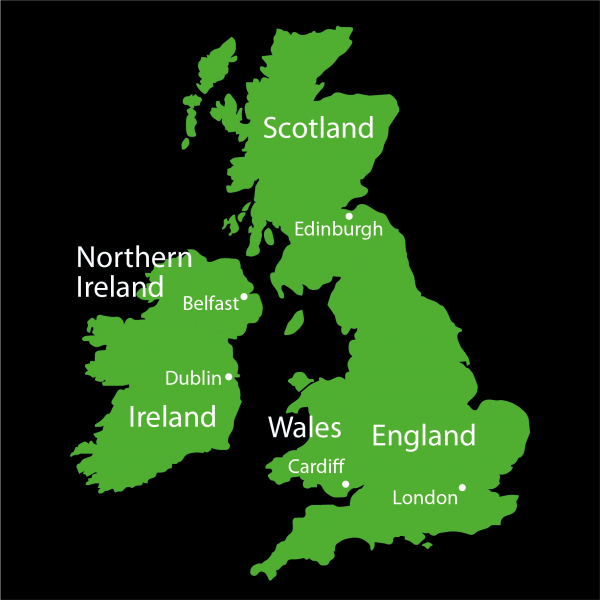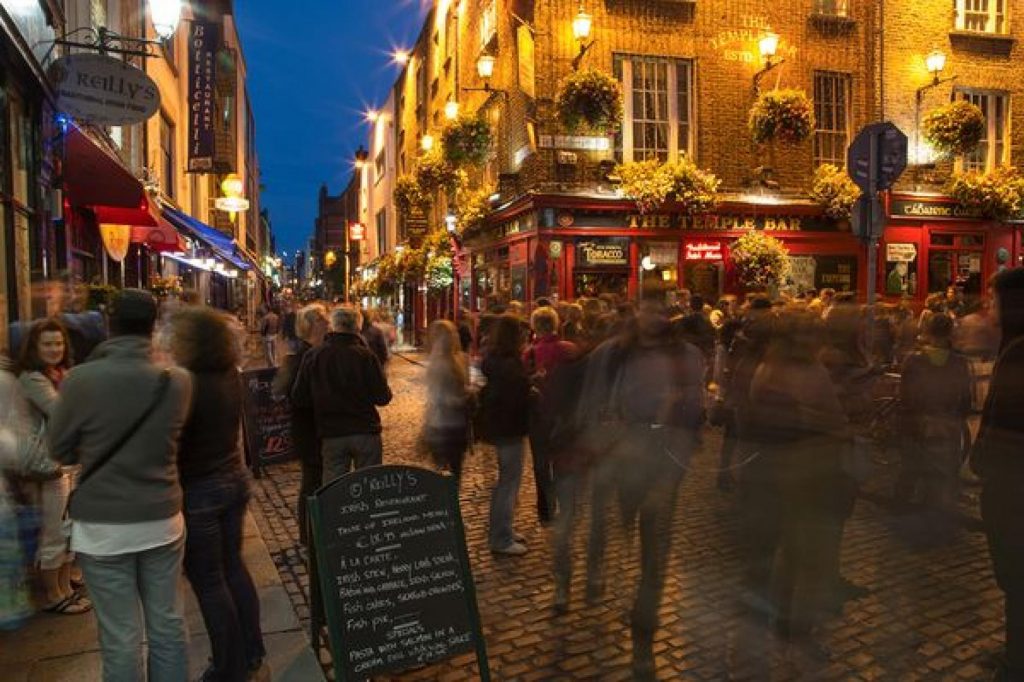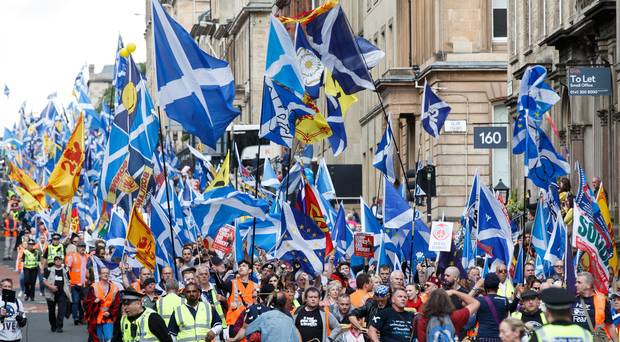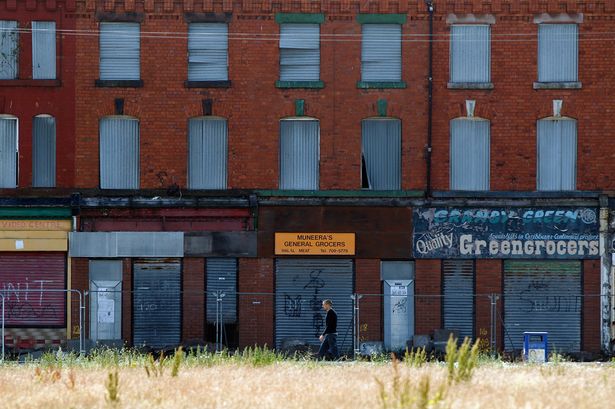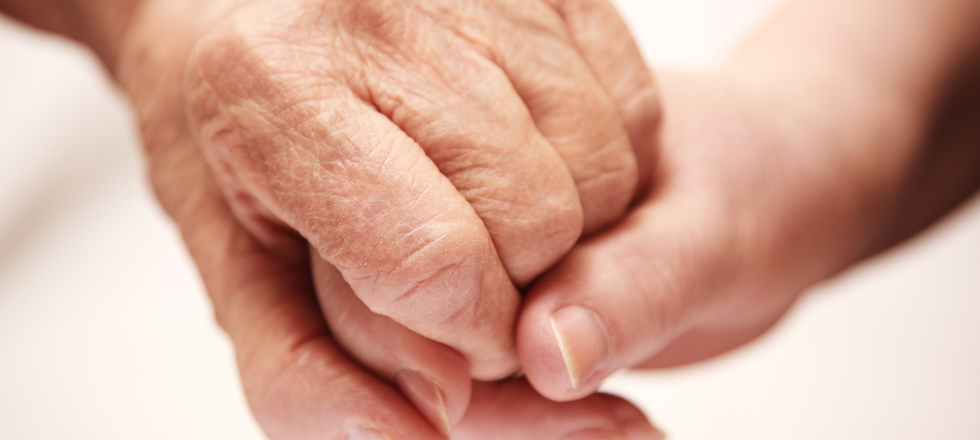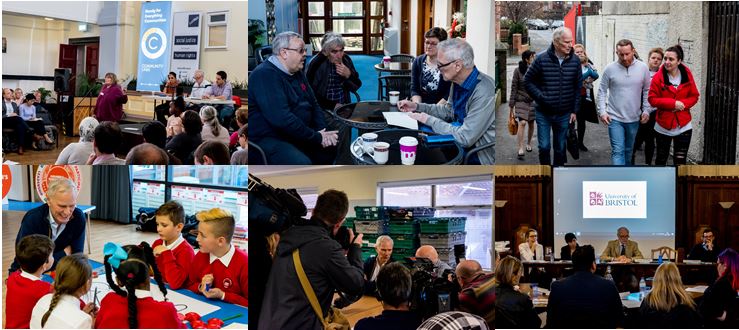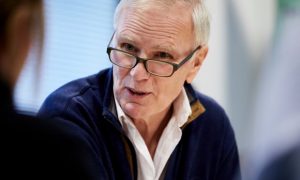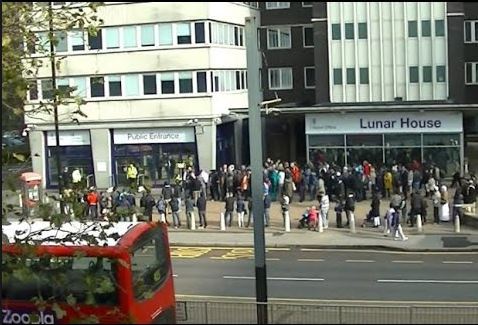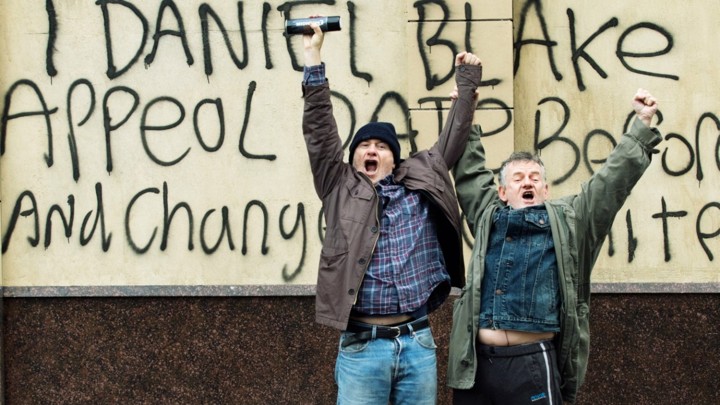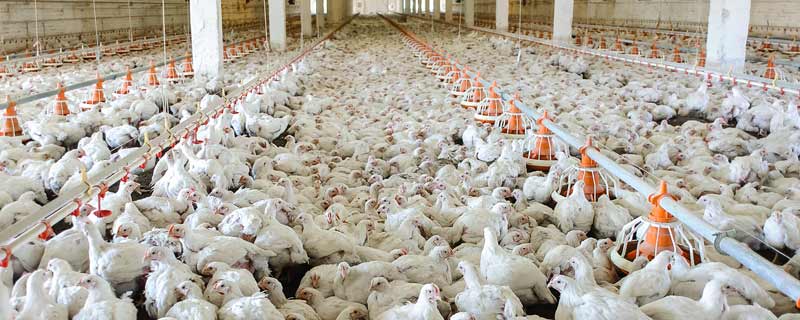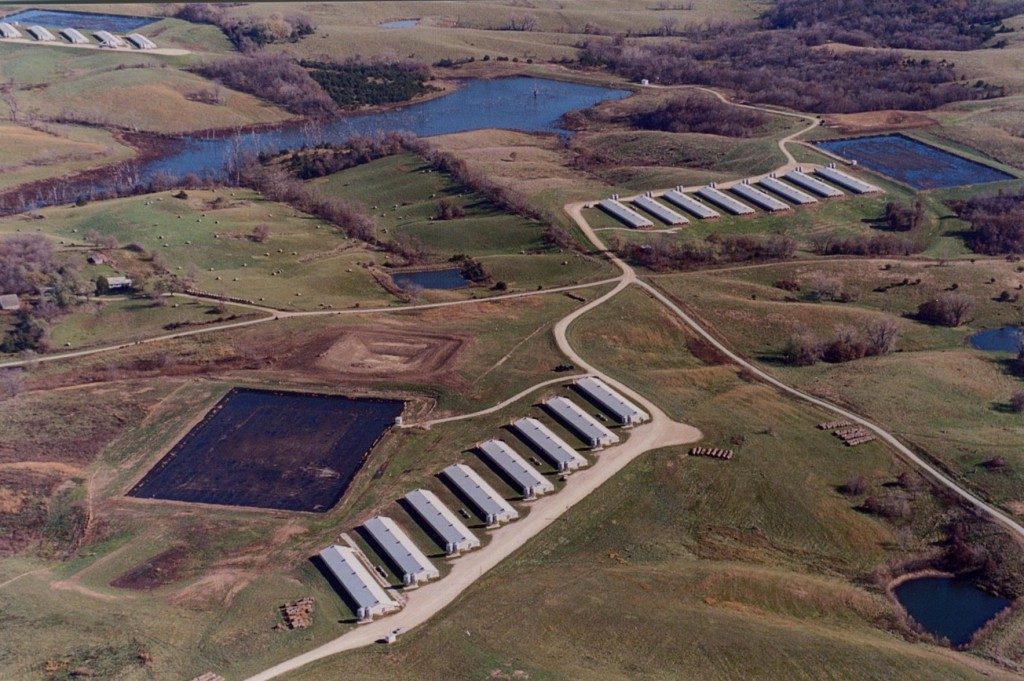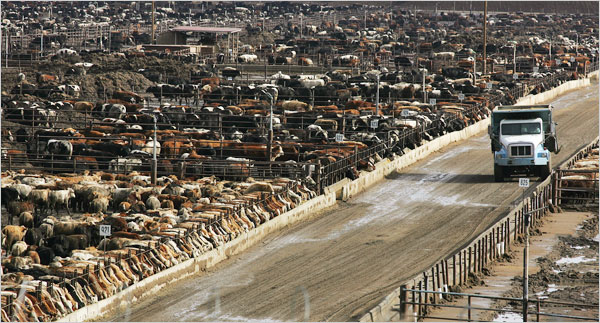Away from the madness that is current UK politics, this post is about empathy: the human quality which enables us to put ourselves in someone else’s shoes. It’s mostly used for morally good reasons, but can be misused.
A Leap
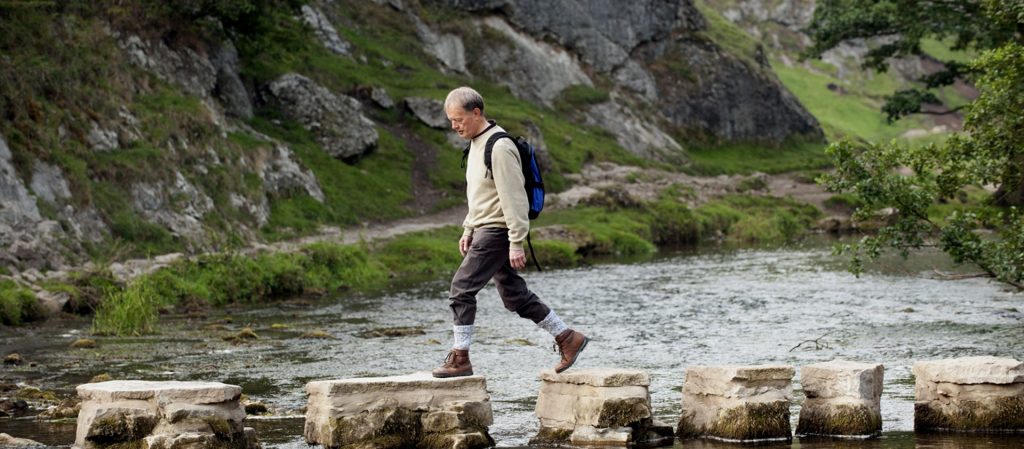
Having empathy for another person requires us to take a sort of leap: of imagination, of trust. It’s a bit like jumping across a fast-flowing stream from one stepping stone to another. Empathy comes easily to those we describe as “caring” types – for others, it’s much harder. Extreme examples of the latter would be those exhibiting autistic or narcissistic characteristics. To use our stone-jumping analogy, the autistic person has poor jumping skills and needs to try harder; the narcissist simply doesn’t see the need, and so lacks all motivation.
Way back in 2015 at the start of my blogging, I made two attempts to define the most basic attributes which make us human. The first effort, Being Human: it’s Easy as C,C,E! didn’t capture it right. So I had a second go a week later in Being Human II: The Four Cs. Unfortunately, the way these two posts are written means that you need to read both to get the whole picture. But, in essence, the four Cs are Compassion, Conscience, Curiosity and Competition. Psychologically healthy human beings have a reasonable balance of these four attributes. The first two: Compassion and Conscience, tend to be emphasised by those on the left politically, the latter two: Curiosity and Competition, by those on the right.
In my first try, the “E” in “CCE” is Empathy. This concept turns out to be trickier than I first thought and I was made to think again by comments received.
Good Empathy
Fortunately for the human race, this turns out to be, by far, the more common type. But first let me explain: by “good” and “bad” I am referring to the motive of the empathic person. Empathy itself is morally neutral, even if applied for morally good motives in the majority of cases. Good empathy, that well-intentioned leap of imagination, is the stepping stone to a whole lot of possible good outcomes. A better understanding between the two individuals and sympathy and comfort for the receiver are two of the most obvious. Society as a whole benefits by better understanding and, to make a leap in my argument, fewer wars and conflicts result. (The late, great Douglas Adams had an amusing counter-argument based on the idea of the Babel Fish).
Bad Empathy
Sadly, there is a Mr Hyde to the Dr Jekyll of empathy. Psychopaths, grooming gangs and similar types exploit the human propensity to empathize for their own nefarious motives. A period of grooming often precedes other more exploitative acts, usually of a sexual nature. The clever and subtle ways in which exploiters use human empathy to draw in their victims is one reason that such crimes are often hard to detect and slow to eradicate.
Victims may be reluctant to report misconduct following an extended period of feeling empathy. For particularly vulnerable individuals, such faked, exploitative empathy may be the strongest emotional relationship that person has experienced. That’s what makes misused empathy so heartbreaking to see.
In modern parlance, you could say that the natural human instinct for empathy has become weaponised for nefarious purposes. Misused in this way, empathy is a destroyer of the sum total of trust in the world.
Spoilers
On a more general point, it is the destroyers of trust between human beings who disproportionately screw things up for the rest of us. An extreme example would be acts of terrorism. It is they who are almost wholly responsible for modern societies’ irritations such as the security procedures at airport terminals. Expect to see more of this in other public venues now that the government plans to put a statutory duty of care on managers of public places such as concert halls. I feel this is a mixed blessing: tedious and inconvenient for the mass of us but, sadly, on balance, probably necessary.
All the extra “security questions” involved in accessing online banking and other services of all kinds is a result of this destruction of trust (by the few on the many) and a depersonalisation of services in general. Faceless call centres replace face-to-face transactions between people. Industrial scale money-laundering and tax evasion results in a society where the majority are inconvenienced but the rich perpetrators still largely get away with their crimes.
More disturbingly, the whole area of child protection and safeguarding was brought into stark relief by those who have abused their position of trust. The activities of Jimmy Savile and his like cast a long shadow.
Carry On Empathising
Back to more cheerful thoughts: empathy evolved over tens, perhaps hundreds, of thousands of years as a key factor in enabling human societies to function. Empathy is a natural, and mostly positive, instinct. So, whilst being ever alert to those who would abuse our trust, carry on empathising! Walk out on those stepping stones of empathy: of understanding another person better. It’s part of what makes us human.
